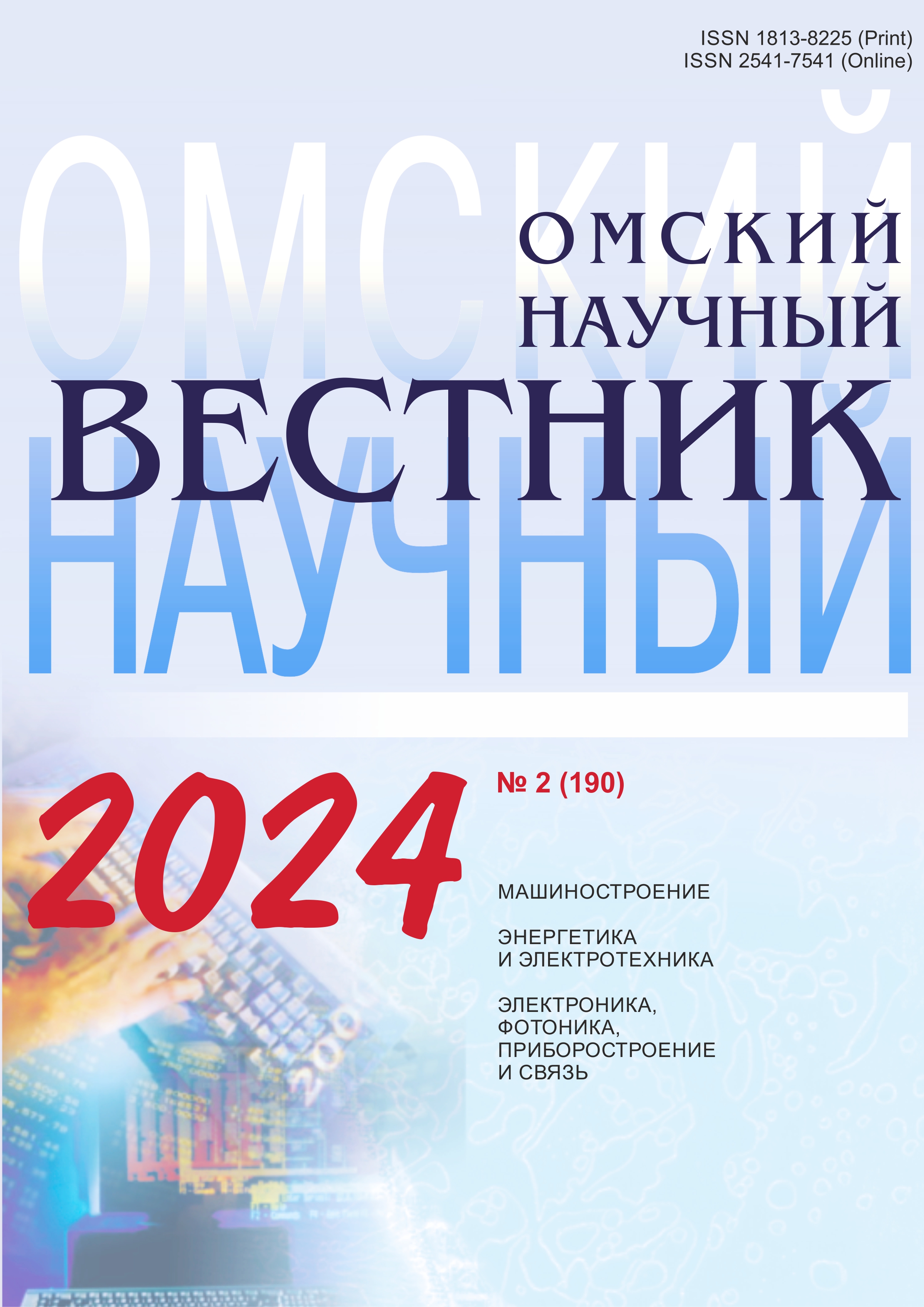Development of a methodology taking into account the temperature dependence of material properties in simulation of wear in fast-rotating pivot jewel bearing support
DOI:
https://doi.org/10.25206/1813-8225-2024-190-50-58Keywords:
numerical simulation, finite element method, friction, wear, pivot jewel bearing, material propertiesAbstract
The pivot jewel bearing is an important node of some classes of industrial equipment; at nominal operating modes, the speed of relative rotation of the contact surfaces can reach 103 revolutions per second, while the operating time can be measured in years; under such conditions, it is necessary to take into account the wear of the contact surfaces; in this paper, a technique for modeling the dry friction wear of a fast-rotating support pair is proposed, taking into account changes in the properties of materials due to surface heating, based on solving the wear contact problem in a stationary formulation using Archard’s law; the effect of taking into account the temperature dependence of material properties in wear modeling process is demonstrated.
Downloads
Published
How to Cite
Issue
Section
License
Non-exclusive rights to the article are transferred to the journal in full accordance with the Creative Commons License BY-NC-SA 4.0 «Attribution-NonCommercial-ShareAlike 4.0 Worldwide License (CC BY-NC-SA 4.0»)




